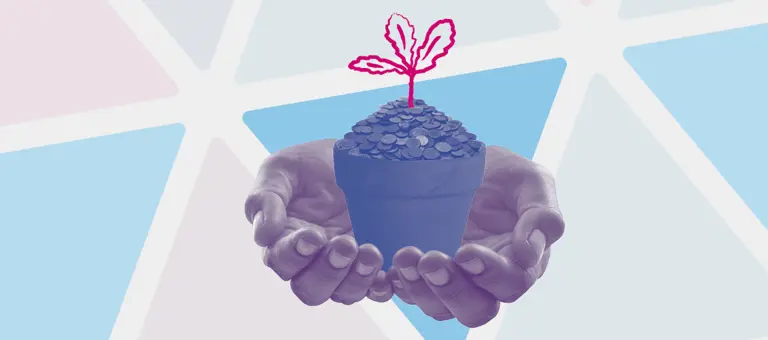
Is kindness authentic?
27 June 2023
What role does kindness play in society? Are kind acts genuine or fake? What do brands need to do to avoid ‘kindwashing’? Anya Davis talks to four leading commercial semioticians (who study signs and signals in culture to help position brands with authenticity) to understand more about kindness and what businesses should do about it.
This discussion is part of our series on the Economics of Kindness. Find out how we're changing the way that business sees kindness in the workplace.
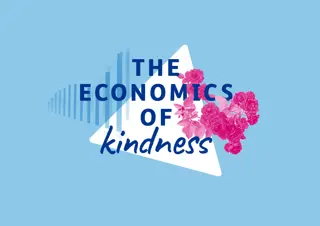
On this page, you can listen to the full discussion or jump to the excerpts.
A few highlights:
- Can consumers tell if kindness is authentic?
- Is kindness filling a void left behind in society?
- Is kindness an individual choice?
- Does kindness make people working in capitalism feel better about it?
- Is kindness a response or the stimulus?
- Is kindness doing more than you need to do?
- Is kindness the same for different cultures?
- Do we have a duty to be kind?
Is kindness filling a void in society?
Is there a correlation between inequality and kindness?
Should brands position themselves on kindness?
What do brands need to do to avoid ‘kindwashing’?
About the speakers
Hosted by:
Anya Davis, partner and expert in Energy and Resources at Baringa.
In conversation with:
Dr Malcolm Evans is an independent consultant and pioneer in applying semiotics to brand strategy and communication. Malcolm specialises in helping brands communicate more honestly and effectively in the context of today's dramatic changes in values, technologies and behaviours. Author of numerous articles, conference papers and Signifying Nothing, one of the first books to apply semiotic thinking to an understanding of Shakespeare’s work in its cultural contexts.
Greg Rowland (FRSA) is a pioneer of commercial semiotics and has used his skills to inspire agency and client strategy, creativity, NPD and cultural understanding for over 25 years. He works internationally to find answers to problems and explore ideas around brands, people and culture, and in the process applying theory to the needs of business.
Lucia Laurent-Neva is the founder of both Visual Signo and Co-Founder of Semiofest. Across both, she is committed to demonstrating the increasing relevance of semiotics to global brand strategy in commercial and non-profit sectors. Originally Colombian but working for British and International clients across multiple continents, she is particularly interested in emerging economies. Since 2001, she has applied her expertise in business anthropology, design and commercial semiotics to assist clients in developing culturally tuned products and strategies, addressing the complex challenges that intersect culture, society, and business.
Colette Sensier is a semiotician, cultural researcher and brand strategist working independently on a broad range of projects for a range of agencies and direct clients, with a focus on creative insight and narrative. She has particular interests in body- and mind-focused semiotics, and in collaboration with creatives. Living between London and Lisbon, she previously worked in copywriting and journalism, and is also a poet and creative writer with a book, Skinless, published by Eyewear Press.
Meet our experts
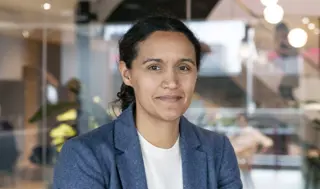
Anya Davis
Anya Davis supports corporates and investors with their transition to a low-carbon world. Anya has 15+ years’ experience in the energy sector. She has helped established players transform, and new entrants invest and build businesses in this market. She has extensive experience across the investment lifecycle and value creation. She is also responsible for ensuring the Baringa culture evolves to continue to be a great place to work.
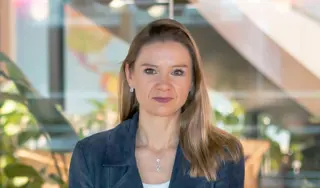
Ellen Fraser
Ellen Fraser leads Baringa’s global Energy Retail, Networks and Water practice and has the responsibility for Baringa’s portfolios in the UK, Europe and Australia. She’s sat in boardrooms with the CEOs of every major UK energy supplier, and even informed policy with energy regulator Ofgem. She’s a familiar face commenting on the BBC, and quoted everywhere from the Financial Times to The Guardian.
Related Insights
Trending content in this series
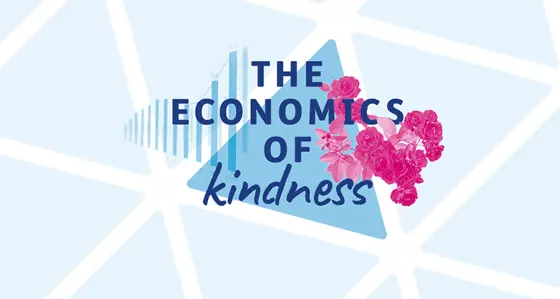
Introducing the Economics of Kindness
At Baringa we’re convinced that, no matter the macroeconomic backdrop, kindness in business really does pay. That’s why we’re taking this opportunity to explore the economics of kindness across four pillars: people, business, leadership and investors.
Read more
People – planet – profit, in that order
The notion of a ‘triple’ bottom line – people first, then planet, then profit – is reshaping how organisations around the world do business. They’re bringing corporate kindness to the fore as we enter a new type of economy, and the businesses that organise themselves in this way will be the ones that succeed.
Read more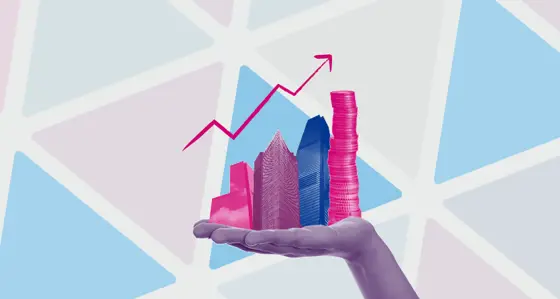
Redefining kindness in the workplace
Corporate kindness is all about the impact an organisation has on the world, engaging in responsible practices that benefit their customers, employees, and the communities they operate in.
Read more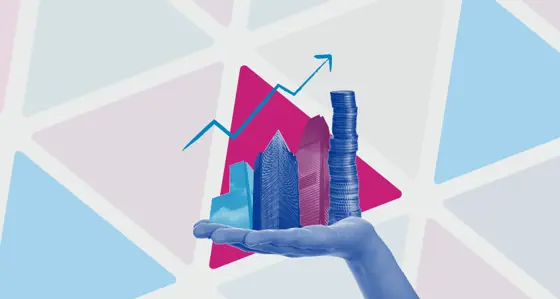
Bringing kindness back to the top of the leadership agenda
Should kindness be back at the top of the leadership agenda? Managing Partner Adrian Bettridge discusses how when we lead with kindness, we generate lasting success for ourselves, our clients and our businesses.
Read more
It’s not easy to be a kind leader
Can leaders be kind all of the time? What gets in the way? Ian Peters reflects on the challenges and trade-offs of trying to be kind to all stakeholders.
Read more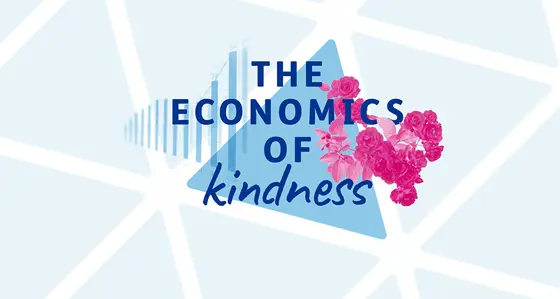
Our Economics of Kindness journey: the story so far
What have we learned about kindness in business and in our public organisations? Does it pay? And if so, how?
Read moreIs digital and AI delivering what your business needs?
Digital and AI can solve your toughest challenges and elevate your business performance. But success isn’t always straightforward. Where can you unlock opportunity? And what does it take to set the foundation for lasting success?